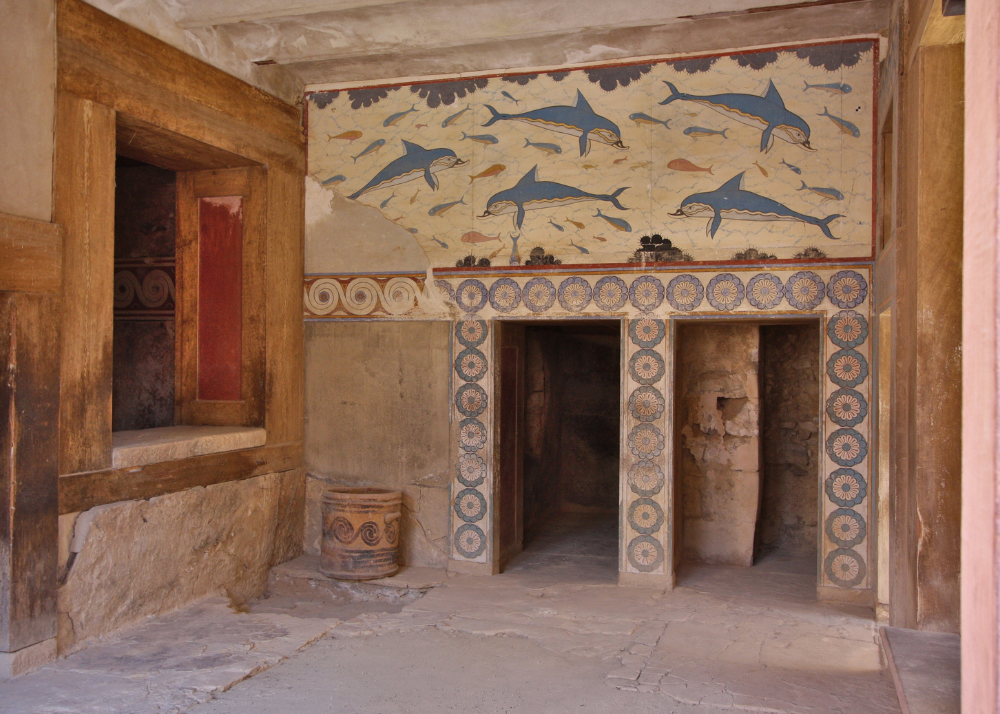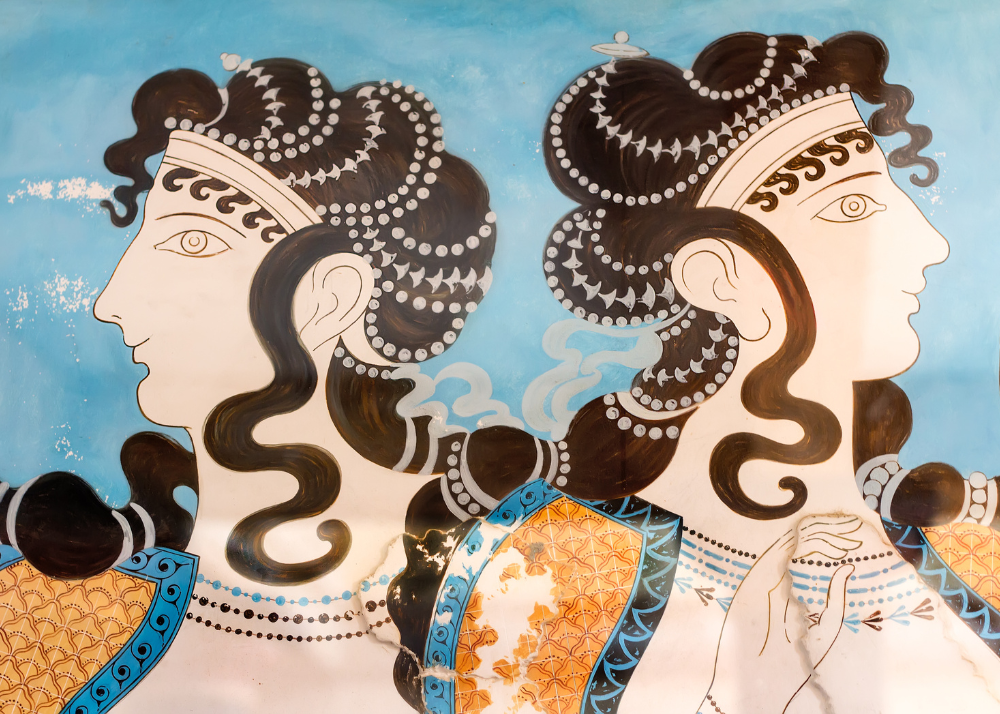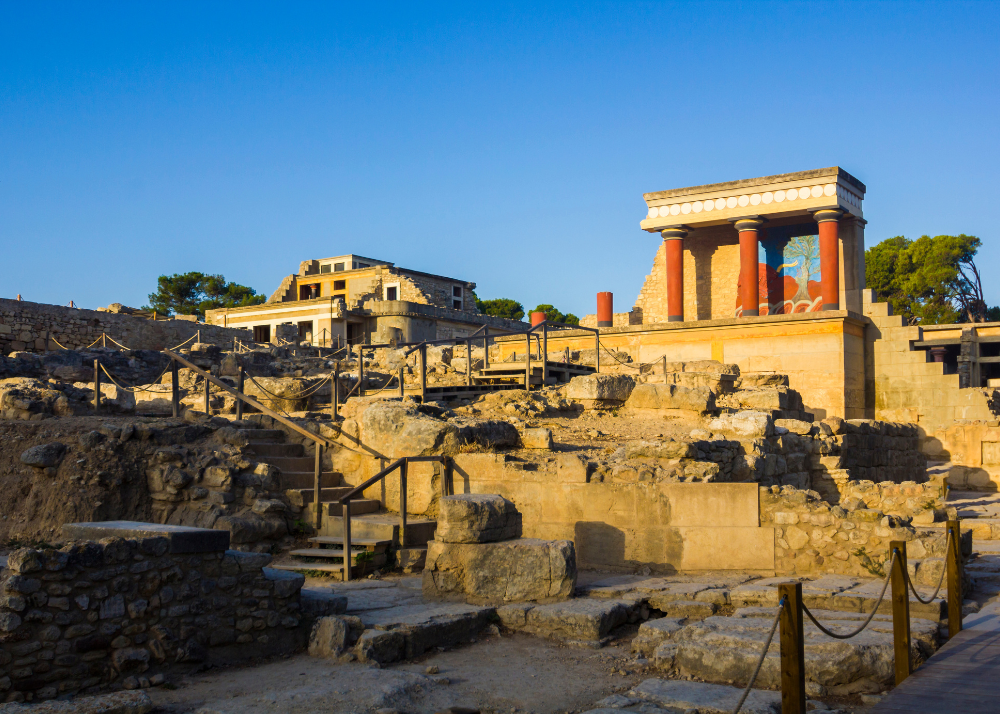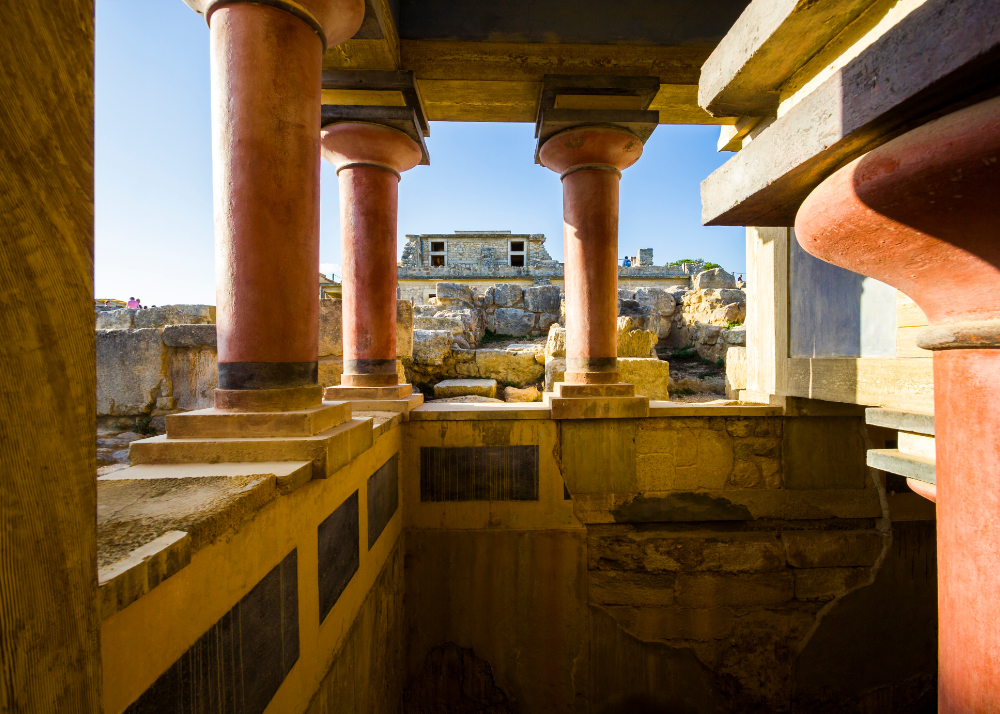Minoan Crete Becomes a World Heritage Site
- 354 Views
- piturednik
- News
UNESCO has officially inscribed six of the most important archaeological sites of the Minoan civilization on Crete onto the World Heritage List. This exceptional part of European history has now gained international recognition and added protection. More than a decade after its initial nomination, the sites of Knossos, Phaistos, Malia, Zakros, Zominthos, and Kydonia have been acknowledged.
An Extraordinary Civilization Ahead of Its Time
The Minoan civilization flourished between the third and second millennia BCE. It represents one of the earliest urban cultures on European soil. Its contributions to architecture, city planning, art, and technology left a lasting impact that can still be felt today.

These sites are not only evidence of advanced social structures, but also of strong commercial and cultural connections with neighboring Mediterranean peoples.
Where Myth Meets Reality
Many elements of Greek mythology originate from the era of Minoan dominance. Though these myths were later stylized, their roots are deeply embedded in real locations and artifacts that can still be visited across Crete today.

Find the latest tourism news here.
From Archaeological Discovery to Global Recognition
In the early 20th century, British archaeologist Arthur Evans uncovered the remains of the palace at Knossos. Based on this discovery, defined a new historical era—the Minoan civilization. His pioneering restoration of the site is now widely debated due to the use of modern materials like concrete. It still strongly influences the public image of Knossos.
Art, Literacy, and Seafaring as Cultural Pillars
Beyond monumental architecture and vibrant frescoes. These sites reveal the existence of early writing systems, complex administrative structures, and advanced seafaring skills. All of this shows that the Minoans were a society that pushed the boundaries of knowledge and innovation for their time.
Cultural Heritage That Shapes European Identity
Greece’s Minister of Culture, Lina Mendoni, stated that this moment marks a major milestone not only for Greek culture. By recognizing the Minoan legacy as part of the world’s cultural heritage, Crete is affirmed as a key site in the history of civilization. And not just as the origin of myths, but as a real foundation of European cultural development.
Follow us on Facebook and Instagram to stay up to date with the latest news from the world of travel and tourism.





